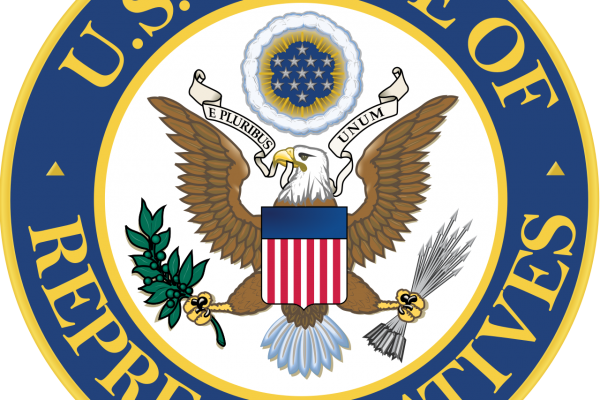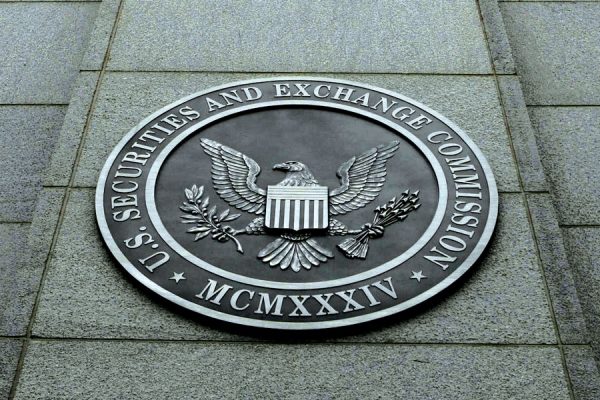Blog: Yet Another Anti-ESG Congressional Hearing
The recent congressional hearing on Wednesday, June 12th, about Environmental, Social, and Governance (ESG) investing, featured unfounded, culture war-laden antitrust claims that witnesses and minority leaders easily debunked. During the spectacle, some members of Congress targeted witnesses from a sustainability nonprofit (Ceres), a public pension fund providing retirement security to over two million workers (CalPERS), and an impact investor (Arjuna Capital). These witnesses and others provided reasoned defenses of responsible investing, highlighting its importance for long-term financial stability, risk-management, and climate resilience.










